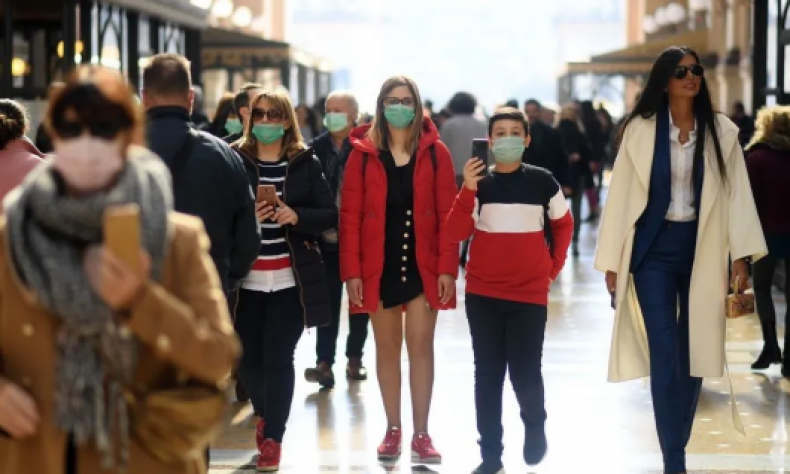China and Italy Facing Covid-19

These concrete areas of collaboration between the two countries constitute a heritage that will cement even more the traditional cultural and economic links between Italy and China. When the virus will be definitively eradicated, this empathic attitude will represent an extraordinary platform for enhancing friendship to the great benefit of the two nations.
China and Italy are two of the countries more heavily affected by Covid-19. The two nations are reacting in a similar way. Despite the differences between the two political-institutional systems, Italy is also effectively implementing population control and outbreak containment measures. Following the Chinese example, the Italian population, as we see in the first days of implementation of the measures adopted by the Italian government, is showing a high sense of responsibility, acceptance of sacrifices and respect for the rules.
In Italy, the epidemic is spreading at a rate like China’s of a few weeks ago. It is necessary that the outbreak of the infection reaches its peak and then the number of infections will begin to decrease. At the moment, we must be patient and respect the government’s provisions. Like in China, in Italy as well one of the crucial problems is the surge of critically ill-patients, since no country in the world would ever be able to cope with this enormous demand in hospitals when the number of infected people suddenly overcomes a certain threshold, as is the case with Covid-19.
Perhaps at the first signs of the virus emergence it would have been necessary to act faster, in close coordination with international organizations (ICAO and WHO above all) and with countries concerned, including China. What Italians have also noticed is the total absence of European solidarity. The EU did not provide any concrete assistance to Italian people. Once again – alas! – the EU only moves when the interests of Northern European countries are at stake (Germany and France have even prevented Italy from purchasing hospital devices in their countries).
Now, however, we need to look ahead. In the face of this calamity, men can prove they can achieve extraordinary goals by acting with empathy and ethical respect for the common good. Chinese people, faced with the need to contain the spread of the virus, have shown the whole world that they care about their interests and those of the whole planet, and are now helping other countries to combat the virus.
China’s sensitivity towards Italy in this moment of deep suffering is concrete and highly appreciated. China has sent experts to Italy, who with Italian counterparts will provide a valuable expertise to fight the Covid-19. This is a tangible sign of the great empathy and historical friendship existing between China and Italy.
China has also expressed its willingness to send an adequate number of respiratory ventilators, which constitute a critical factor in the treatment of seriously ill-patients when their number exceeds that of beds available in the hospitals.
Another area of possible cooperation between China and Italy would be identifying research laboratories in the two countries to urgently work together on developing a vaccine and a drug to treat coronavirus-infected people. Usually, research laboratories are managed only in the national interest. In this case however, considering the serious risks for the whole planet, the barrier of national selfishness should be overcome in everybody’s interest.
These concrete areas of collaboration between the two countries constitute a heritage that will cement even more the traditional cultural and economic links between Italy and China. When the virus will be definitively eradicated, this empathic attitude will represent an extraordinary platform for enhancing friendship to the great benefit of the two nations.
Alberto Bradanini is a former Italian diplomat, who served from 1991 to 1996 as Commercial Counselor at the Embassy of Italy in Beijing, then Consul General of Italy in Hong Kong from 1996 to 1998 and finally Ambassador of Italy to Beijing from 2013 to 2015. He was also Coordinator of the Italy-China Governmental Committee at the Italian Foreign Ministry (2004-2007) and is now President of the Center for Studies on Contemporary China (Reggio Emilia, Italy).
 Facebook
Facebook
 Twitter
Twitter
 Linkedin
Linkedin
 Google +
Google +










